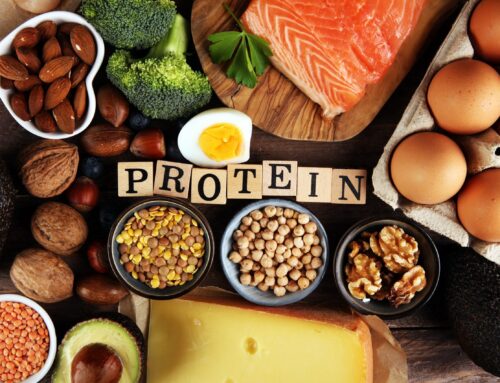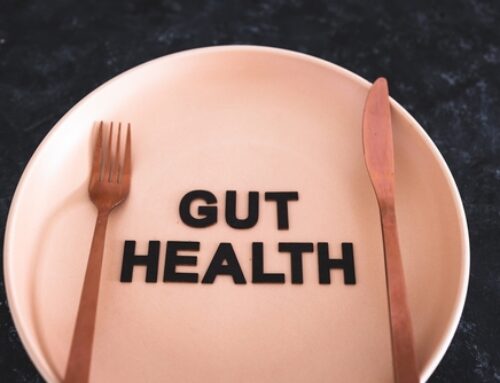The following is an excerpt from Dr. Joseph Mercola’s article, “Fructose: This Addictive Commonly Used Food Feeds Cancer Cells, Triggers Weight Gain, and Promotes Premature Aging.” The link to the full article can be found on our Facebook page at www.facebook.com/coreroanoke.
 All sugars are not equal. Glucose is the form of energy you were designed to run on. Every cell in your body, every bacterium—and in fact, every living thing on the Earth—uses glucose for energy. But in this country, sucrose is no longer the sugar of choice. It’s now fructose.
All sugars are not equal. Glucose is the form of energy you were designed to run on. Every cell in your body, every bacterium—and in fact, every living thing on the Earth—uses glucose for energy. But in this country, sucrose is no longer the sugar of choice. It’s now fructose.
If your diet was like that of people a century ago, you’d consume about 15 grams per day—a far cry from the 73 grams per day the typical person gets from sweetened drinks. In vegetables and fruits, it’s mixed in with vitamins, minerals, enzymes, and beneficial phytonutrients, all which moderate the negative metabolic effects. Amazingly, 25 percent of people actually consume more than 130 grams of fructose per day. Making matters worse, all of the fiber has been removed from processed foods, so there is essentially no nutritive value at all. And the very products most people rely on to lose weight, the low-fat diet foods are often the ones highest in fructose.
Too much fructose creates a metabolic disaster in your body.
• Fructose elevates uric acid. Increased uric acid also leads to chronic, low-level inflammation which has far-reaching consequences for your health. For example, chronically inflamed blood vessels lead to heart attacks and strokes; also, a good deal of evidence exists that some cancers are caused by chronic inflammation.
• Fructose tricks your body into gaining weight by fooling your metabolism—it turns off your body’s appetite-control system. Fructose does not appropriately stimulate insulin, which in turn does not suppress ghrelin (the “hunger hormone”) and doesn’t stimulate leptin (the “satiety hormone”), which together result in you eating more and developing insulin resistance.
• Fructose rapidly leads to weight gain and abdominal obesity (“beer belly”), decreased HDL, increased LDL, elevated triglycerides, elevated blood sugar, and high blood pressure—i.e., classic metabolic syndrome.
These changes are not seen when humans or animals eat starch (or glucose), suggesting that fructose is a “bad carbohydrate” when consumed in excess of 25 grams per day. It is probably the one factor responsible for the partial success of many “low-carb” diets. You can now see why fructose is the number one contributing factor to the current obesity epidemic.
If you’re looking for more information on how to cook and eat less sugar, follow us on Twitter @coreroanoke, where recipes, meal planning ideas, and more are shared weekly. If you want some ideas for Thanksgiving, ask the front desk at our Downtown Roanoke chiropractic office for a copy of our low-sugar Thanksgiving Day menu.
Dr. Daryl Rich, DC, CSCS




![[LivFit] Approach To Inflammation, Depression, and Weight Loss](https://www.coreroanoke.com/wp-content/uploads/2025/10/liv-fit-500x383.jpg)

